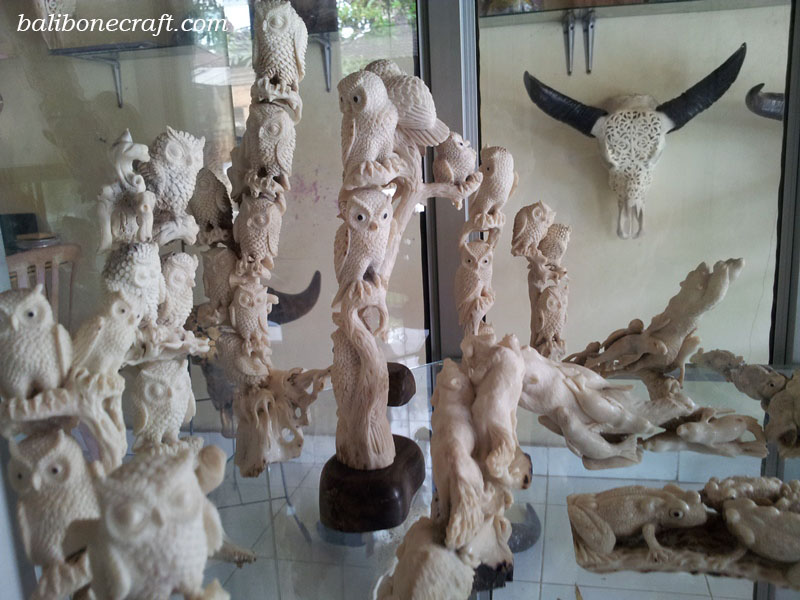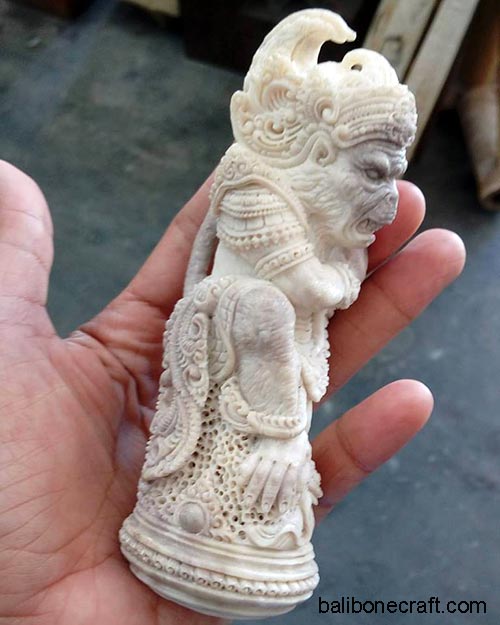Carving is the act of using tools to shape something from a material by scraping away portions of that material. The technique can be applied to any material that is solid enough to hold a form even when pieces have been removed from it, and yet soft enough for portions to be scraped away with available tools. Carving, as a means for making sculpture, is distinct from methods using soft and malleable materials like clay or melted glass, which may be shaped into the desired forms while soft and then harden into that form. Carving tends to require much carving is the act of using tools to shape something from a material by scraping away portions of that material. The technique can be applied to any material that is solid enough to hold a form even when pieces have been removed from it, and yet soft enough for portions to be scraped away with available tools. Carving, as a means for making sculpture, is distinct from methods using soft and malleable materials like clay or melted glass, which may be shaped into the desired forms while soft and then harden into that form. Carving tends to require much more work than methods using malleable materials.ore work than methods using malleable materials.
Sculpture is the branch of the visual arts that operates in three dimensions and one of the plastic arts. Durable sculptural processes originally used carving (the removal of material) and modelling (the addition of material, as clay), in stone, metal, ceramics, wood and other materials but, since modernism, shifts in sculptural process led to an almost complete freedom of materials and process. A wide variety of materials may be worked by removal such as carving, assembled by welding or modelling, or molded, or cast.
Sculpture in stone survives far better than works of art in perishable materials, and often represents the majority of the surviving works (other than pottery) from ancient cultures, though conversely traditions of sculpture in wood may have vanished almost entirely. However, most ancient sculpture was brightly painted, and this has been lost.
Sculpture has been central in religious devotion in many cultures, and until recent centuries large sculptures, too expensive for private individuals to create, were usually an expression of religion or politics. Those cultures whose sculptures have survived in quantities include the cultures of the Ancient Mediterranean, India and China, as well as many in South America and Africa.
The Western tradition of sculpture began in Ancient Greece, and Greece is widely seen as producing great masterpieces in the classical period. During the Middle-Ages, Gothic sculpture represented the agonies and passions of the Christian faith. The revival of classical models in the Renaissance produced famous sculptures such as Michelangelo’s David. Modernist sculpture moved away from traditional processes and the emphasis on the depiction of the human body, with the making of constructed sculpture, and the presentation of found objects as finished art works.
Bones are rigid organs that constitute part of the endoskeleton of vertebrates. They support and protect the various organs of the body, produce red and white blood cells and store minerals. Bone tissue is a type of dense connective tissue. Bones come in a variety of shapes and have a complex internal and external structure, are lightweight yet strong and hard, and serve multiple functions. One of the types of tissue that makes up bone is the mineralized osseous tissue, also called bone tissue, which gives it rigidity and a coral-like three-dimensional internal structure. Other types of tissue found in bones include marrow, endosteum, periosteum, nerves, blood vessels and cartilage. At birth, there are over 270 bones in an infant human’s body, but many of these fuse together as the child grows, leaving a total of 206 separate bones in a typical adult, not counting numerous small sesamoid bones and ossicles. The largest bone in the human body is the femur and the smallest bone of the 206 is the stapes.
Bone carving is the act of creating art forms by carving into animal bones and often includes the carving of antlers and horns. It can result in the ornamentation of a bone, or the creation of a figure. It has been practiced by a variety of world cultures, sometimes as a cheaper, and recently a legal, substitute for ivory carving. It was important in prehistoric art, with notable figures like the Swimming Reindeer (antlers), and many of the Venus figurines. The Anglo-Saxon Franks casket is a bone casket imitating earlier ivory ones. Bone was also used by artists and craftsmen to try out their designs, especially by metalworkers. Such pieces are known as “trial-pieces”.
[source : wikipedia.org]

